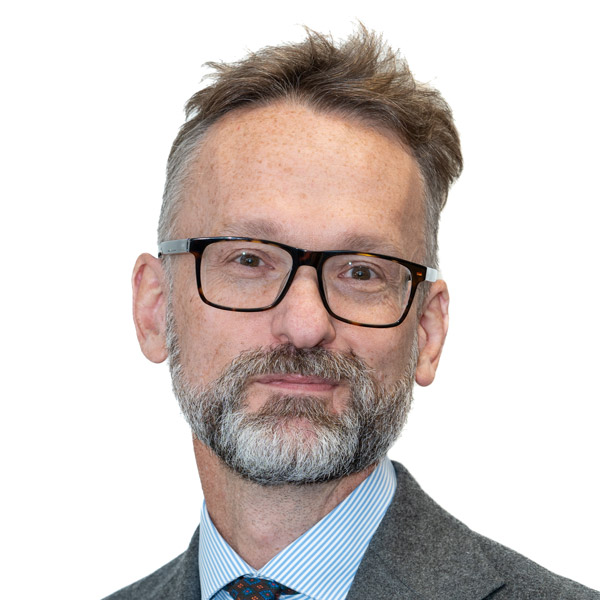The AI Commission: Sweden is falling behind in AI – huge investments urgently required
The AI Commission recommends the government to make big investments in HPC resources to meet AI demands from research, trade and industry.
27 November 2024

The Swedish government’s AI Commission issues a stark warning: Sweden is falling behind in AI, and urgent political measures are required. Its report “Roadmap for Sweden”, released on 26 November ahead of schedule, contains an action plan with 75 proposals to address the situation.
Among the proposals are investments in high-performance computing (HPC) resources, in total around SEK 1.8 billion over ten years, with potentially big implications for NAISS.
“The Commission’s proposals are hugely important as they would enable NAISS to support demands from research as well as trade and industry across Sweden, in order to achieve excellence and international competitiveness,” says Erik Lindahl, member of the NAISS Steering Committee and incoming NAISS Director.
No resources to train large AI models
Compute resources are an increasingly important part of modern society and as critical as the railway network or electricity grid, the Commission concludes. It says Sweden should have a mix of cloud resources and physical systems. Having your own system is the cheaper solution when using lots of GPU core hours and running the machines on full load. It is also more secure for sensitive data.
A cause of concern, per the Commission, is that the academia currently doesn’t have access to enough computing power to train or use larger AI models, which is essential to support cutting-edge research and advanced applications. Demand is set to increase sharply, not just from frontline AI research but also from life sciences, advanced systems and similar applications. The recommendation is that additional funding is earmarked for this purpose.
A dedicated resource should also be set up to support the use of large AI models (inference). Large language models often have billions of different parameters and need lots of computing power to respond to user input in fractions of a second. In the future, the use of large AI models is soon estimated to require more computing resources than training them, according to the Commission.
Arrhenius can help secure AI Factory to Sweden

The Commission mentions the new Arrhenius system, which is co-funded by NAISS and EuroHPC Joint Undertaking, as particularly important because it is opening the possibility for Sweden to host a so-called AI Factory. AI Factories is an EU initiative aimed at supporting AI development in small and medium businesses, allowing them to experiment with AI models to foster innovation.
“We are of course delighted to see the Commission’s appreciation of the work in NAISS this far, and we agree entirely with their conclusions. We are working with the EuroHPC Joint Undertaking to secure an AI Factory in Sweden in collaboration with the Swedish Research Council, VINNOVA and other government agencies,” says Erik Lindahl.
Read the full report here (in Swedish):
https://regeringen.se/rapporter/2024/11/ai-kommissionens-fardplan-for-sverige/
Learn more about AI Factories:
https://digital-strategy.ec.europa.eu/en/policies/ai-factories